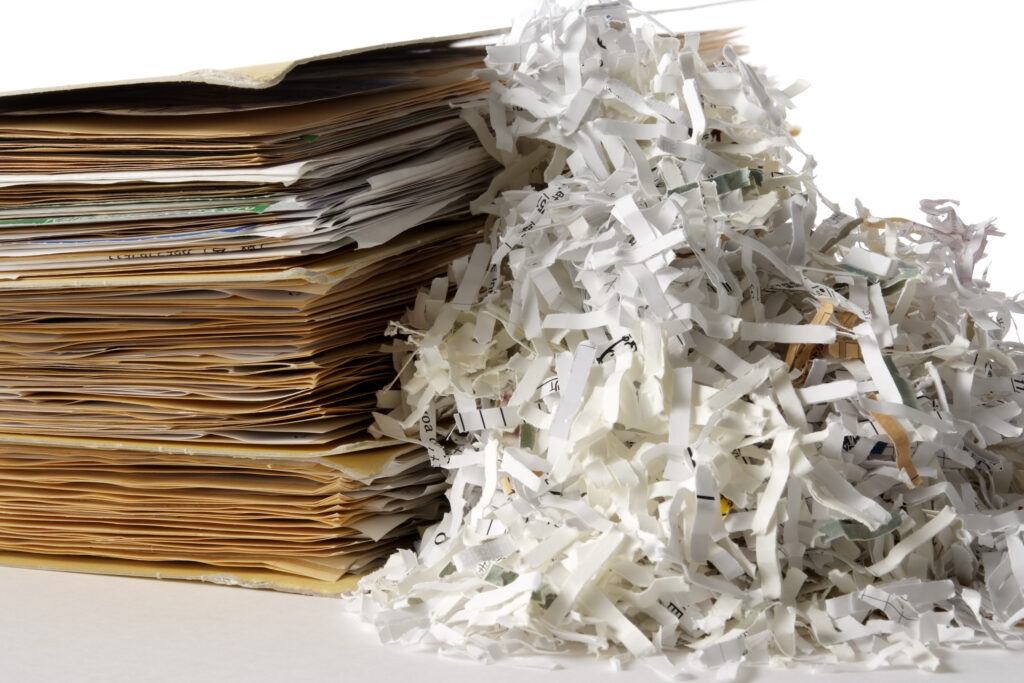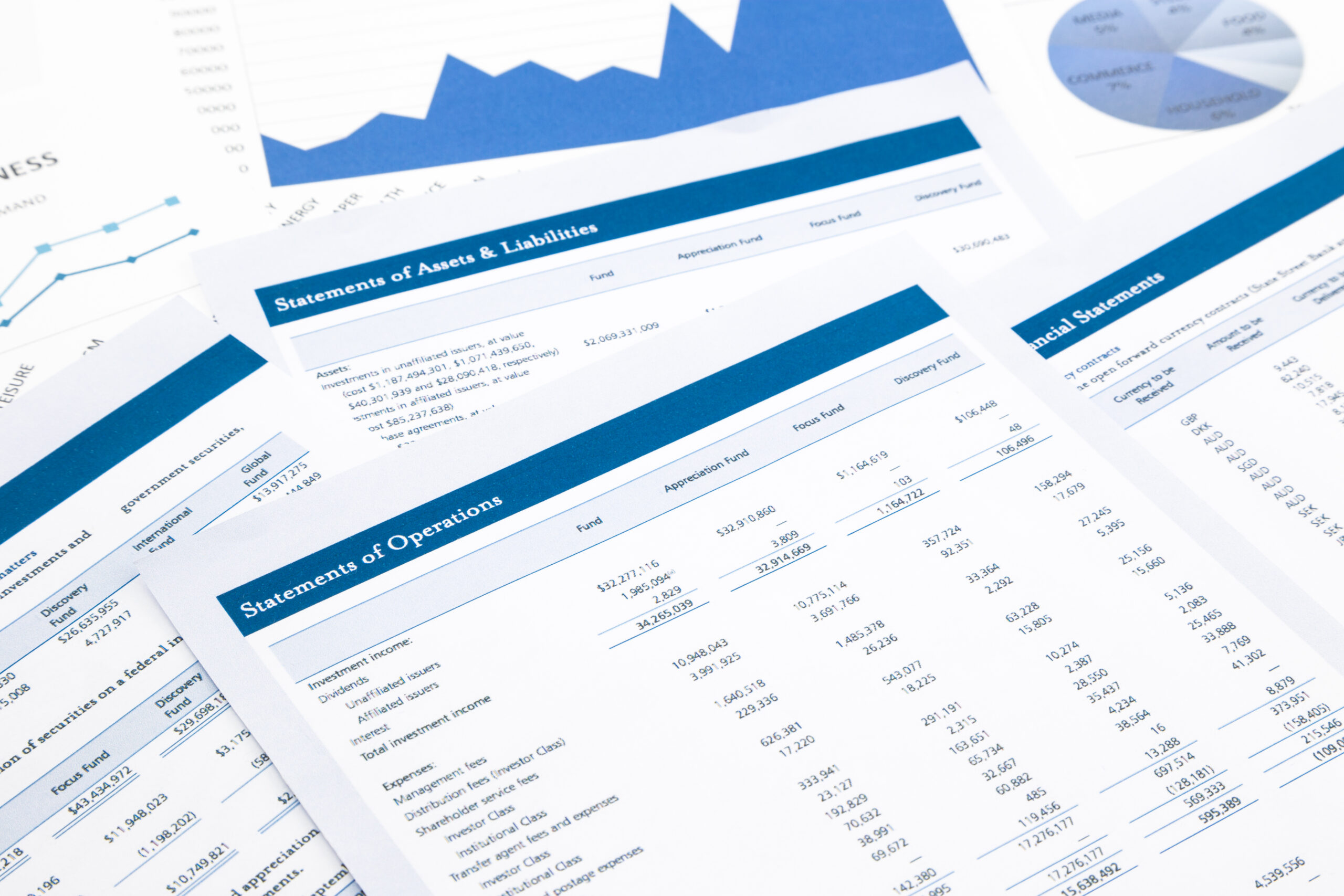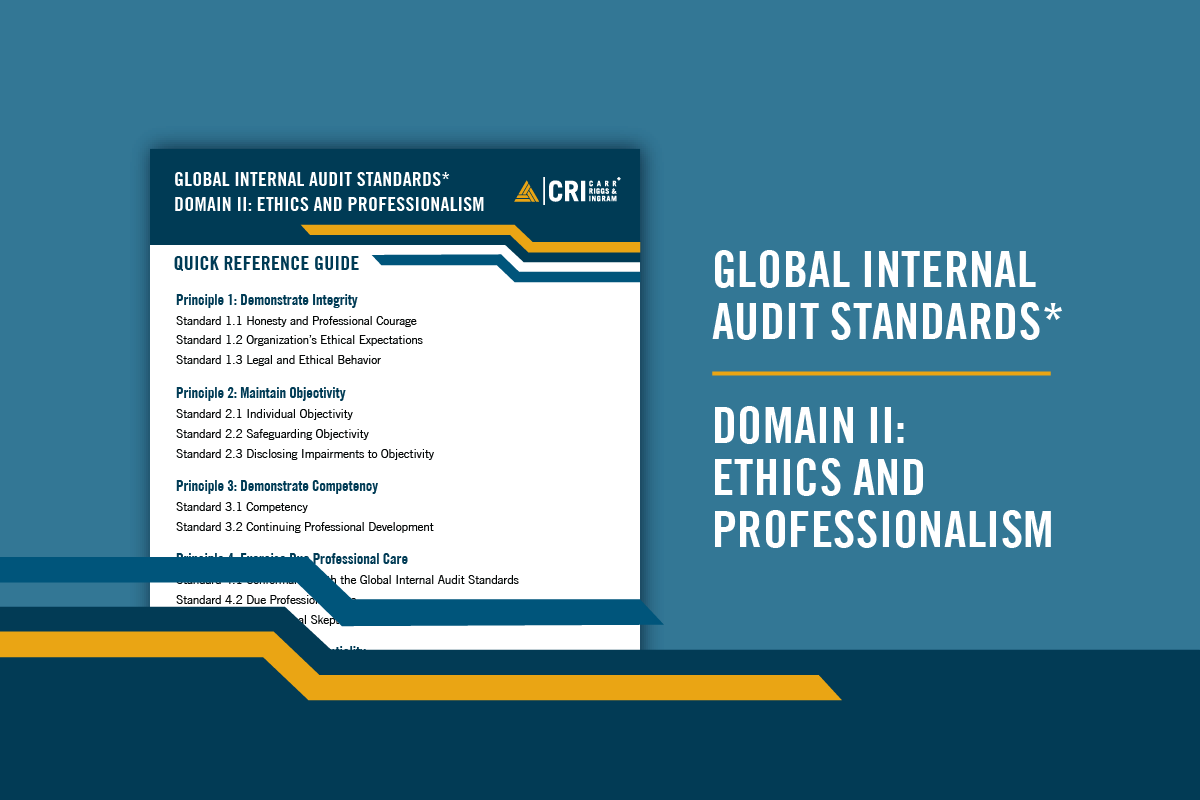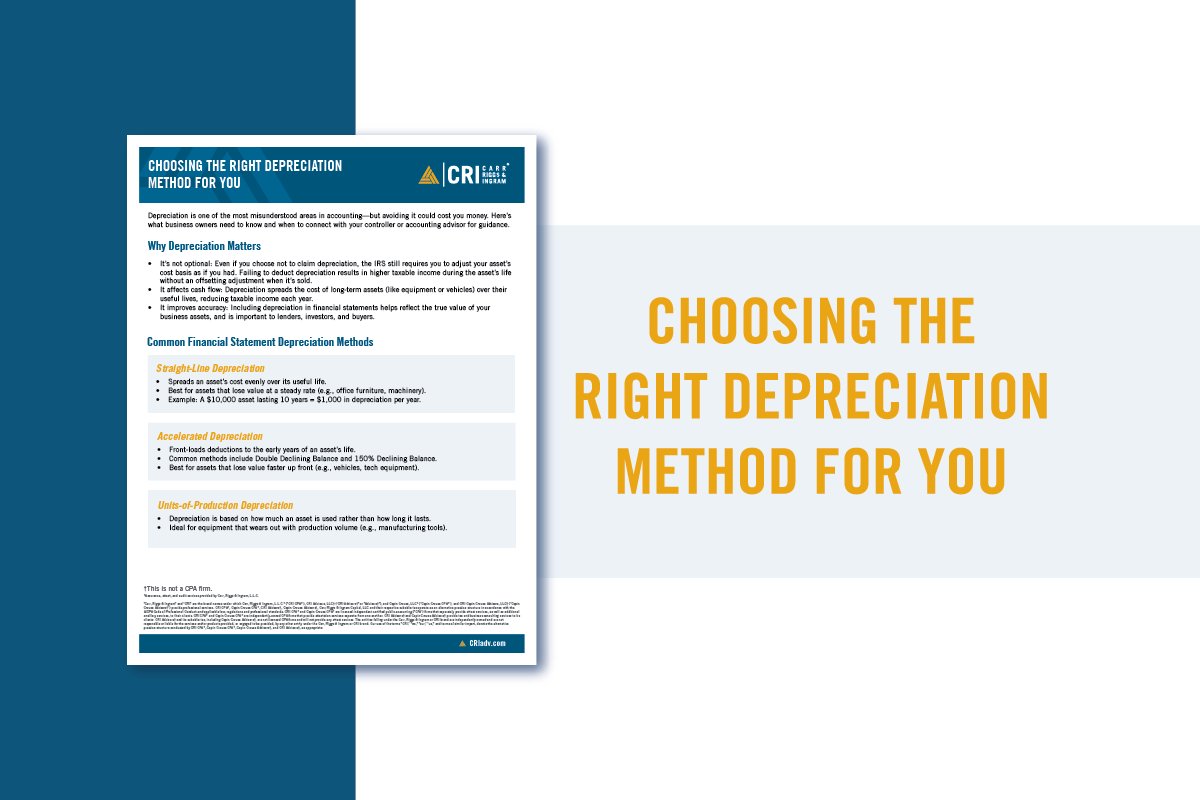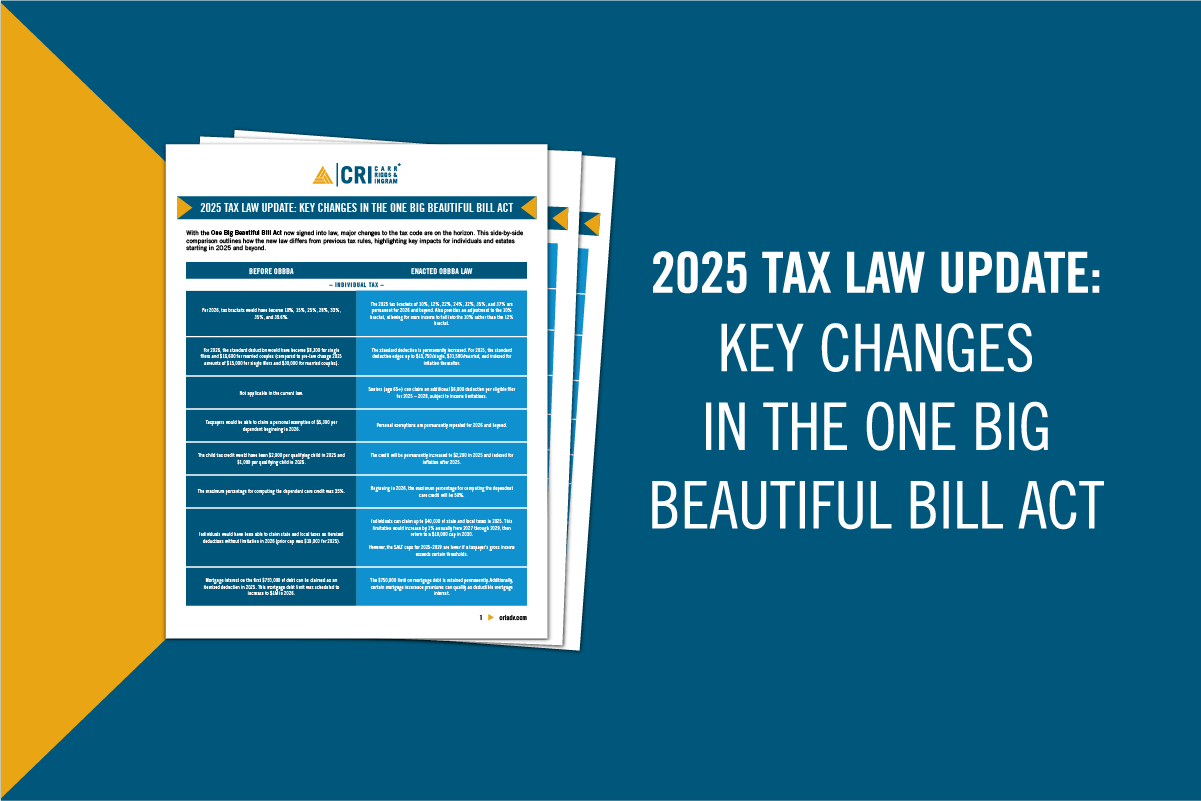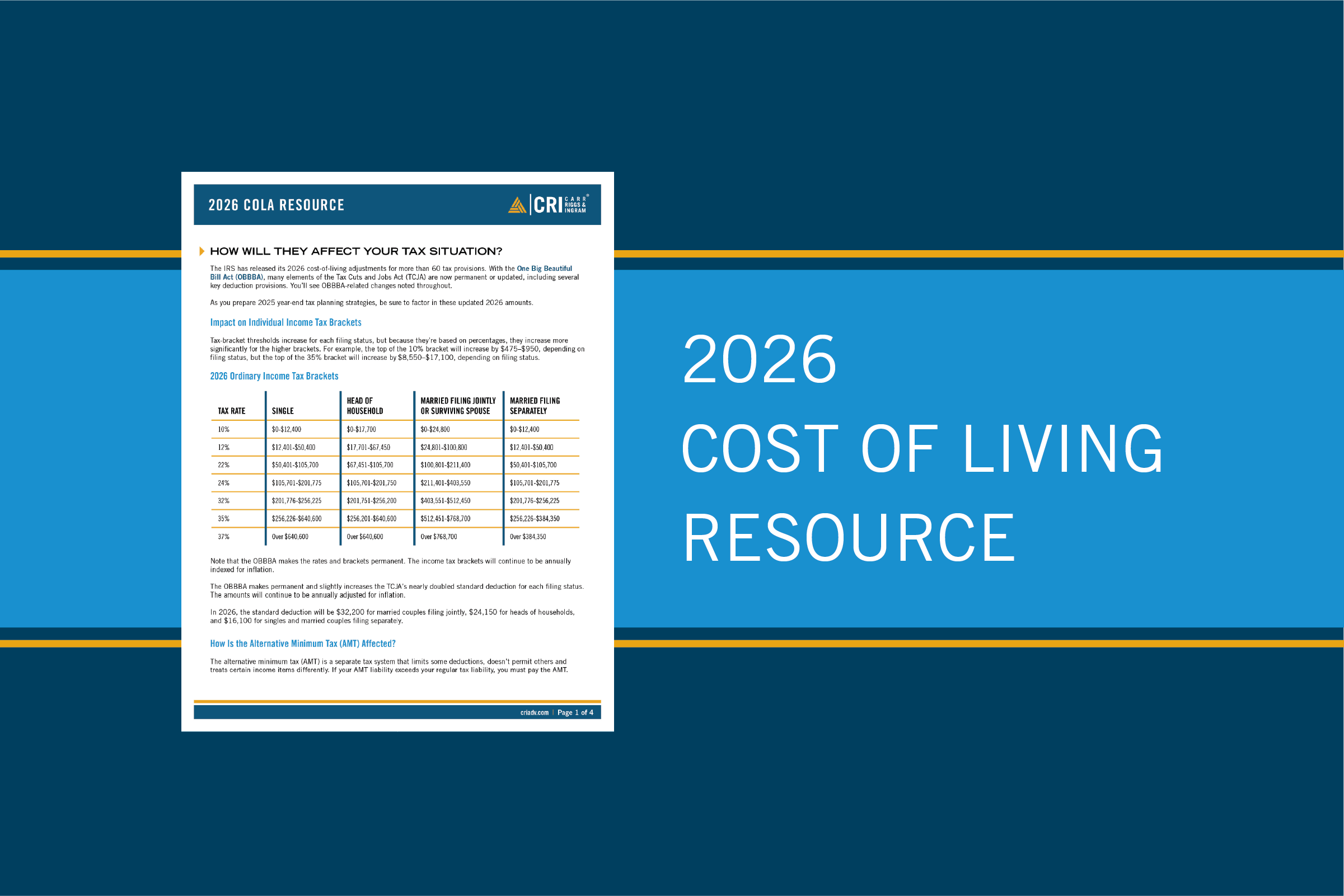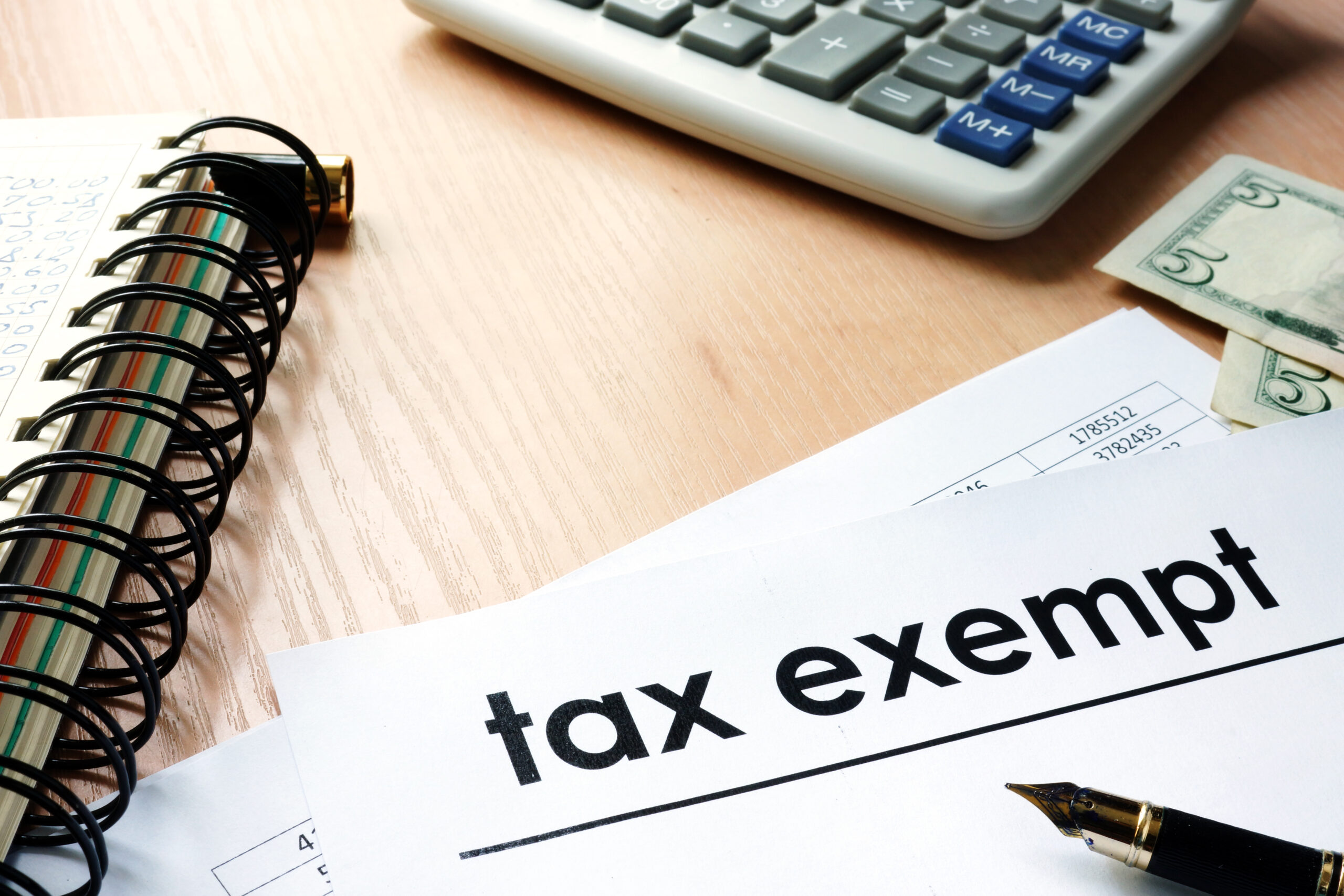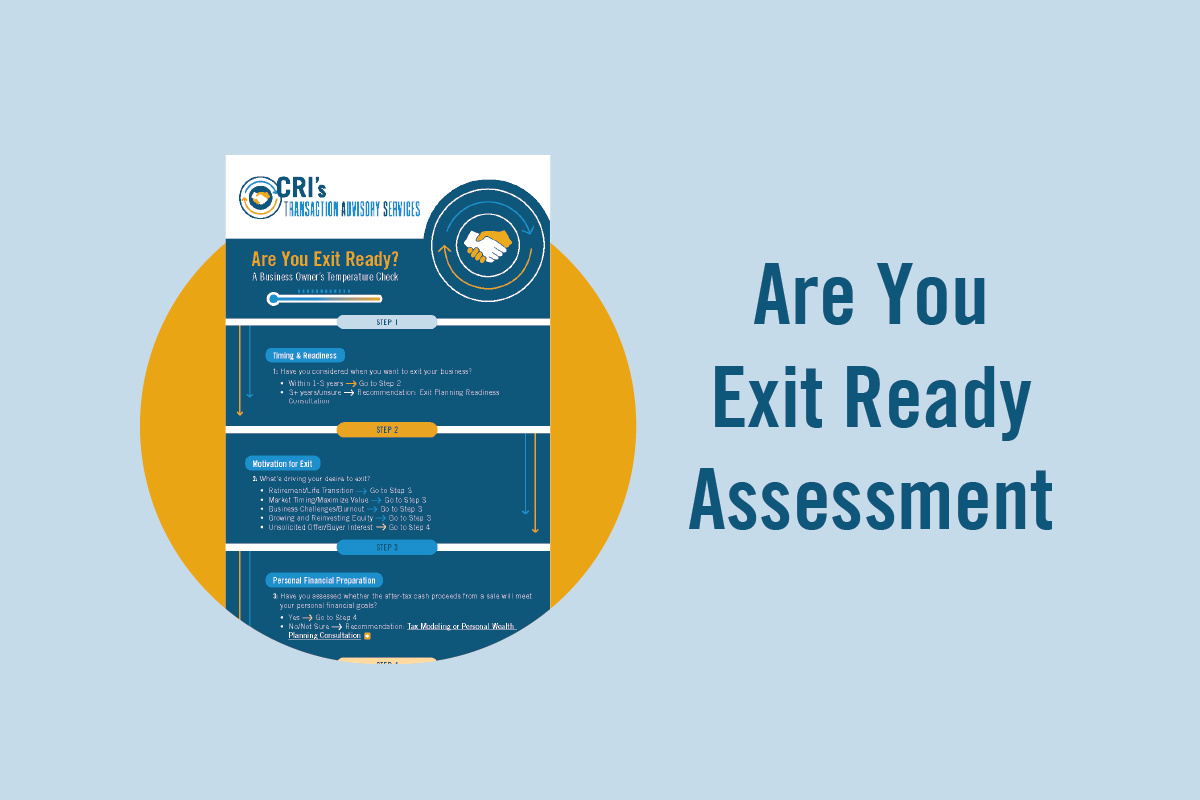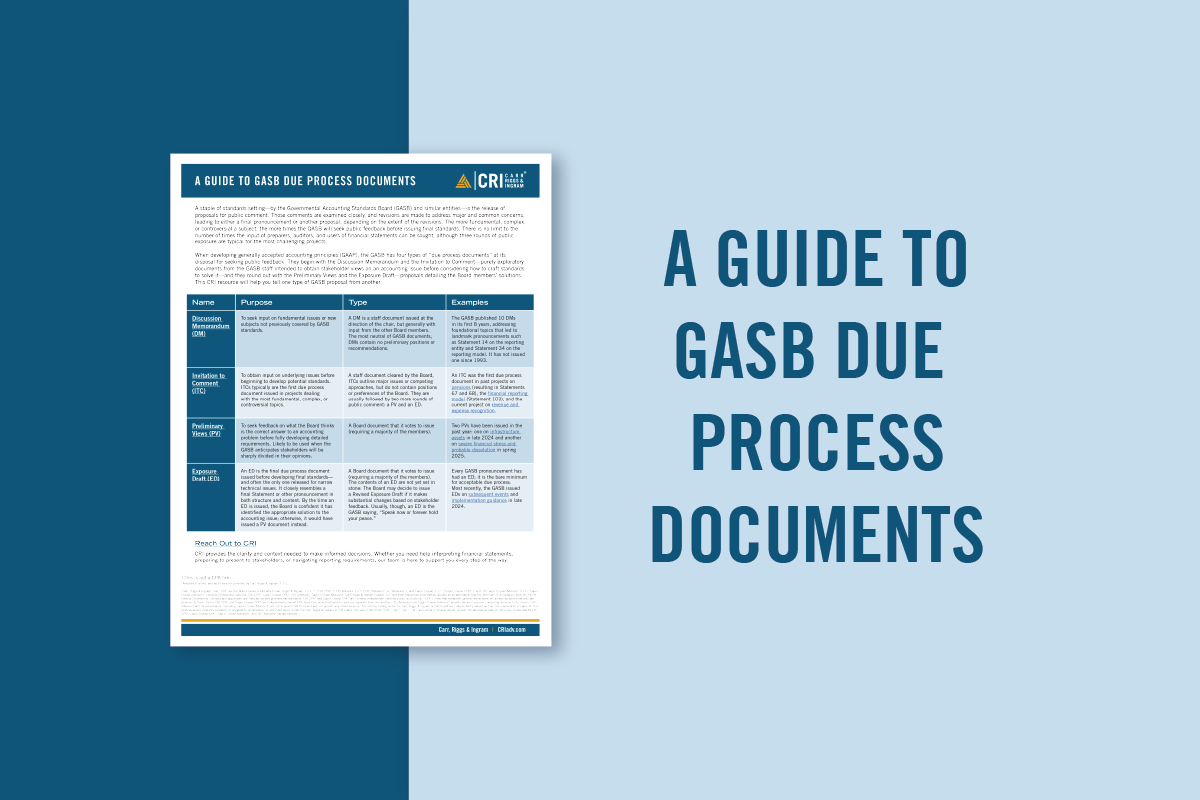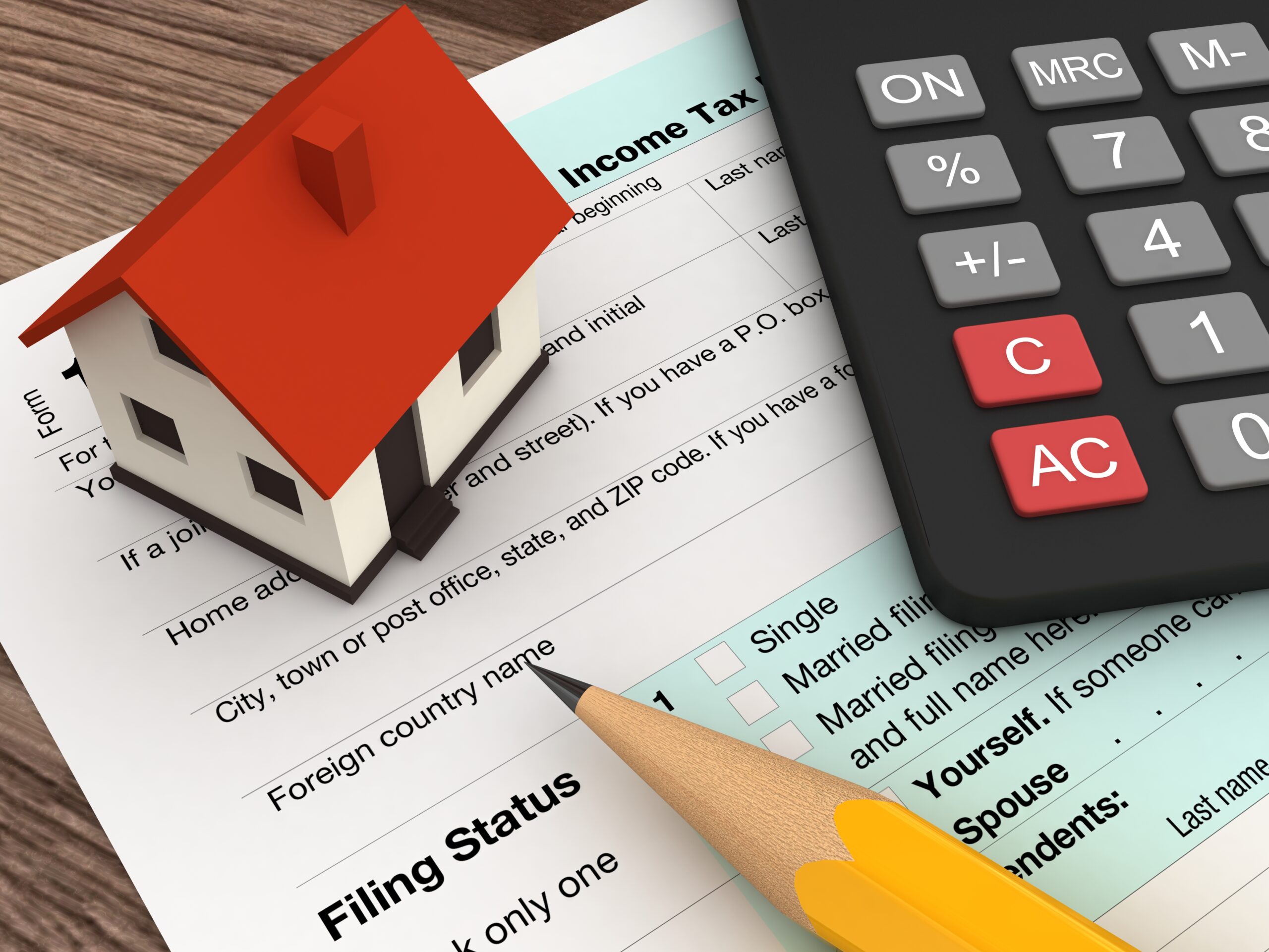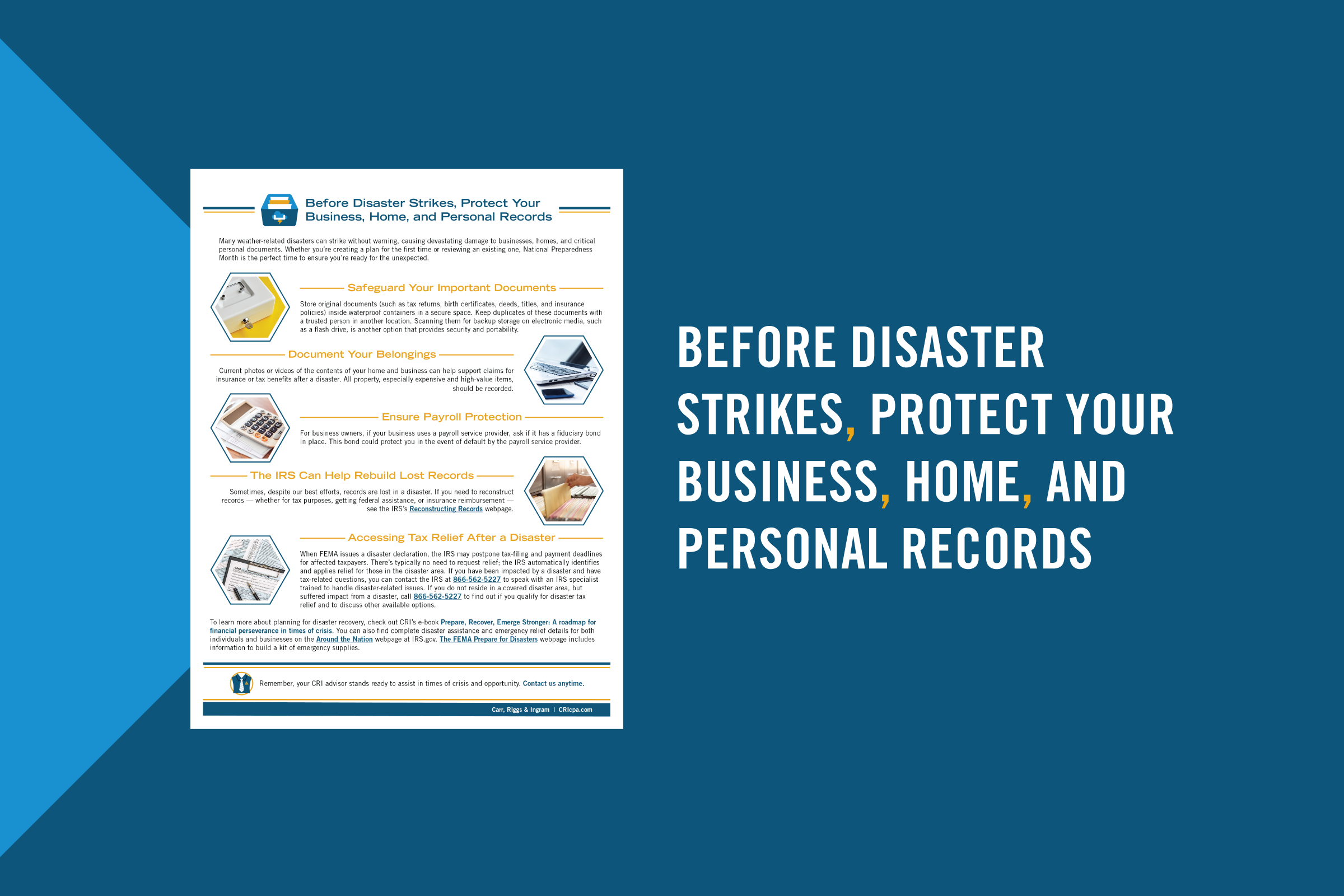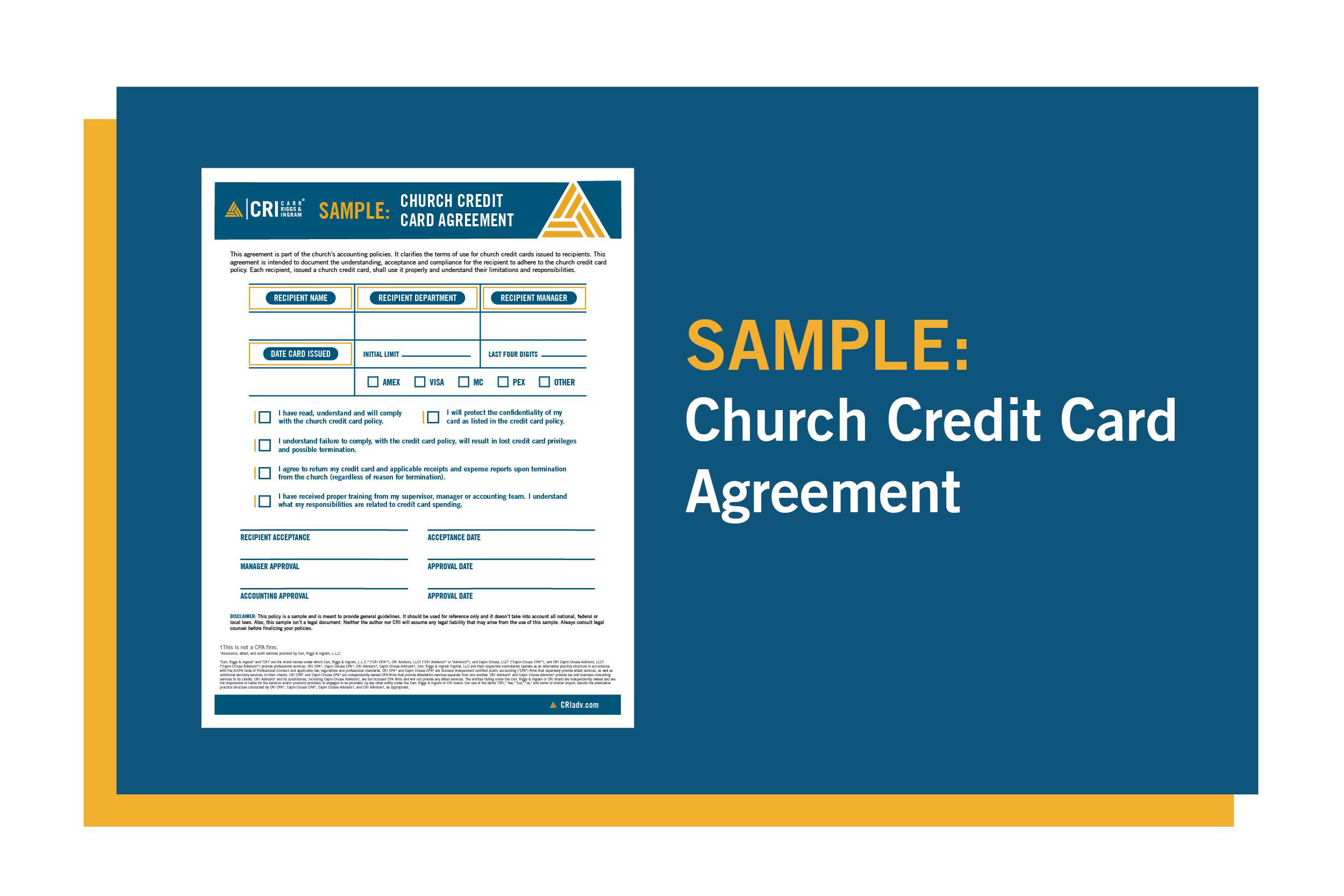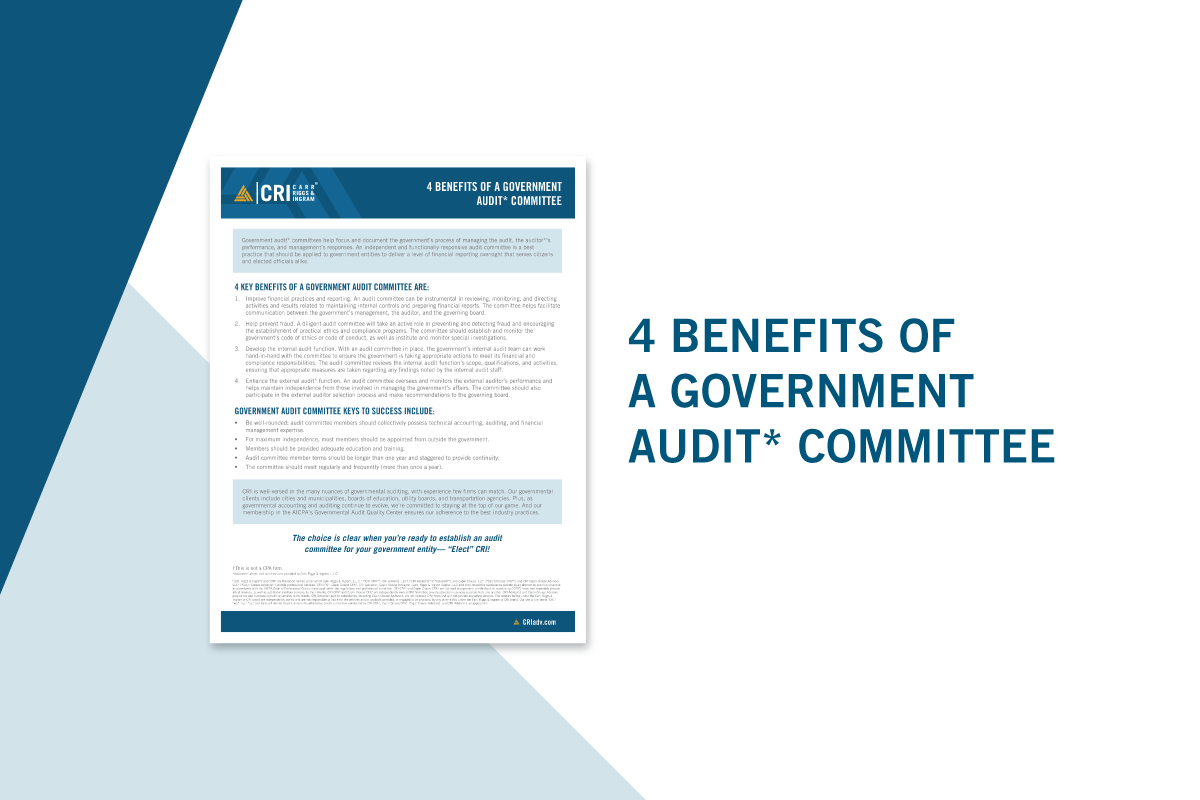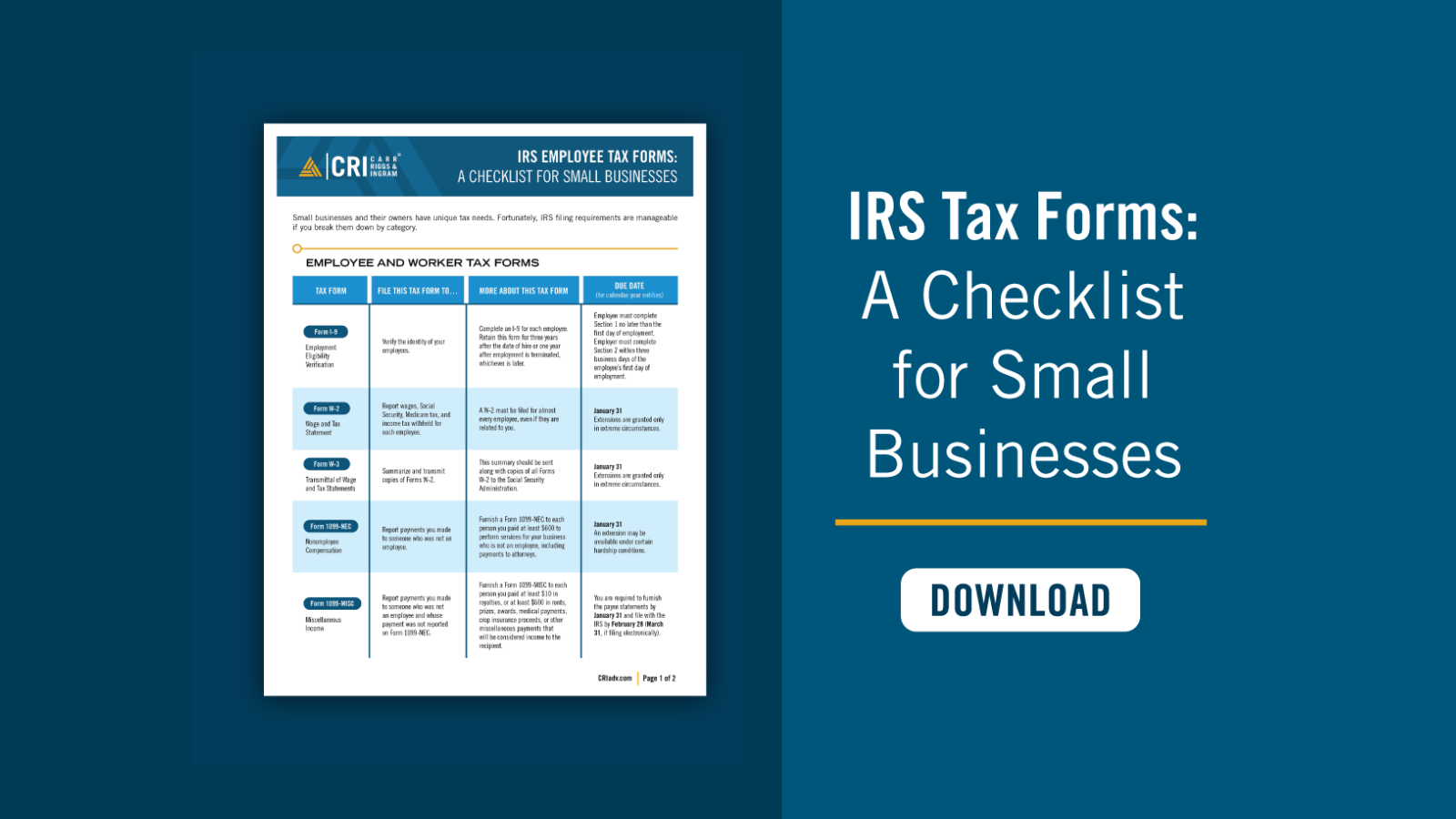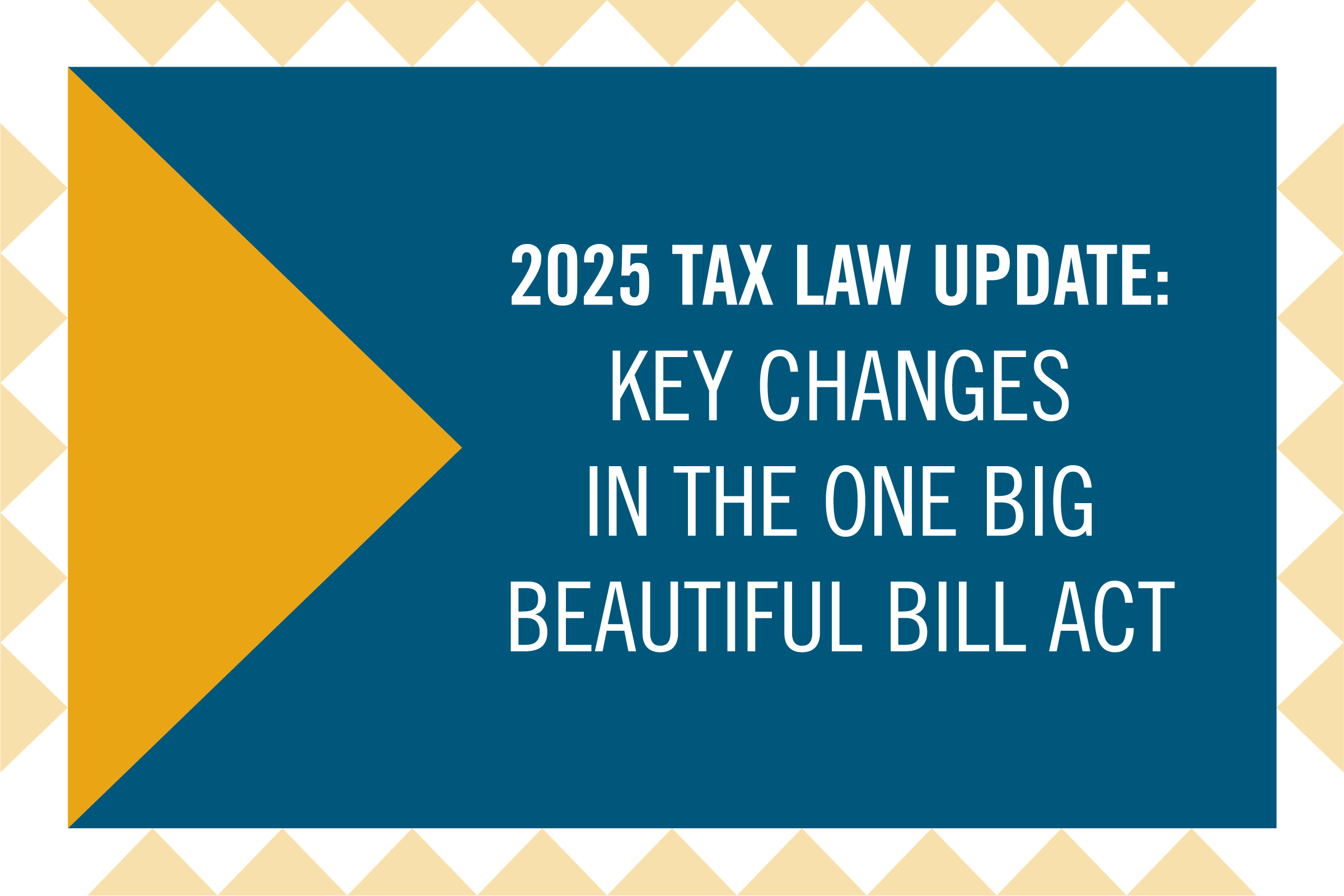Sail Smoothly Through Those Saving or Shredding Decisions
- Contributor
- Kris Hoffman
May 19, 2025
Now that the deadline to file your tax return—or request an extension—has passed for many, it might feel like the perfect time to declutter and toss out old paperwork like receipts, canceled checks, and bank or brokerage statements. But before you start shredding, take a moment to review these general record retention tips for individuals and businesses to make sure you’re holding on to what matters most as you head into the blue skies of summer.
Individual Retention Guidelines
As a general rule, you should retain records that support items on your individual tax return until the statute of limitations expires—typically three years from the return’s due date or the date it was filed, whichever is later.
This three-year period also applies if you plan to file an amended return using Form 1040X to claim a missed deduction, credit, or correct misreported income.
However, there are important exceptions where the statute of limitations is extended:
- If you underreport gross income by more than 25%, the IRS has up to six years to audit your return.
- If you fail to file a return or file a fraudulent one, there is no statute of limitations.
Business Retention Guidelines
If you own a small business, these record retention guidelines differ slightly from those for individual tax purposes. We recommend keeping employee records for seven years after an employee termination. Additionally, maintaining records that support employee earnings for at least four years should cover various state and federal requirements.
If your business engages in interstate commerce and is subject to the Fair Labor Standards Act, then timecards specifically must be retained for at least three years. Note: It’s a best practice for all businesses to keep these files for several years in case questions arise.
Consider Cleaning Your Deck by Digitizing Your Records
You can store tax records electronically—with a system that meets IRS standards. For example, your system must provide reasonable controls to ensure its integrity, accuracy, and reliability—as well as detect and prevent tampering.
Additionally, a retrieval system should include:
- An indexing system.
- Inspection and quality assurance measures.
- The capability to reproduce legible hard copies.
You can retain needed documents by scanning the originals and storing them on an external hard drive or utilizing an online system (which typically has the added benefit of fewer space constraints).
When in Doubt, Don’t Abandon Ship!
It’s easy to accumulate a mountain of paperwork from years of tax and financial records. Fortunately, clear guidelines can help you determine what to keep and what can be safely discarded. As a general rule, hold on to most documents for at least six years—and for property-related records, retain them for at least three years after the tax return reporting the sale or disposal is due or filed. For more detailed guidance, CRI's Record Retention Schedule outlines recommended timelines for a wide range of documents. Still unsure? Contact a CRI tax professional—we’re here to help you make informed decisions and find the best course forward.

